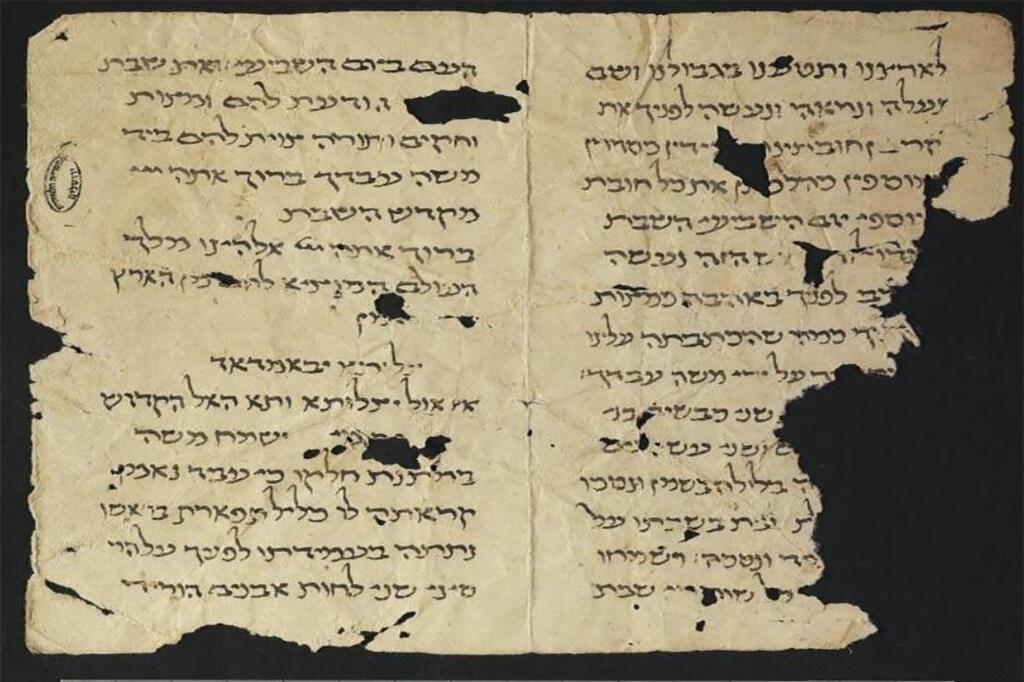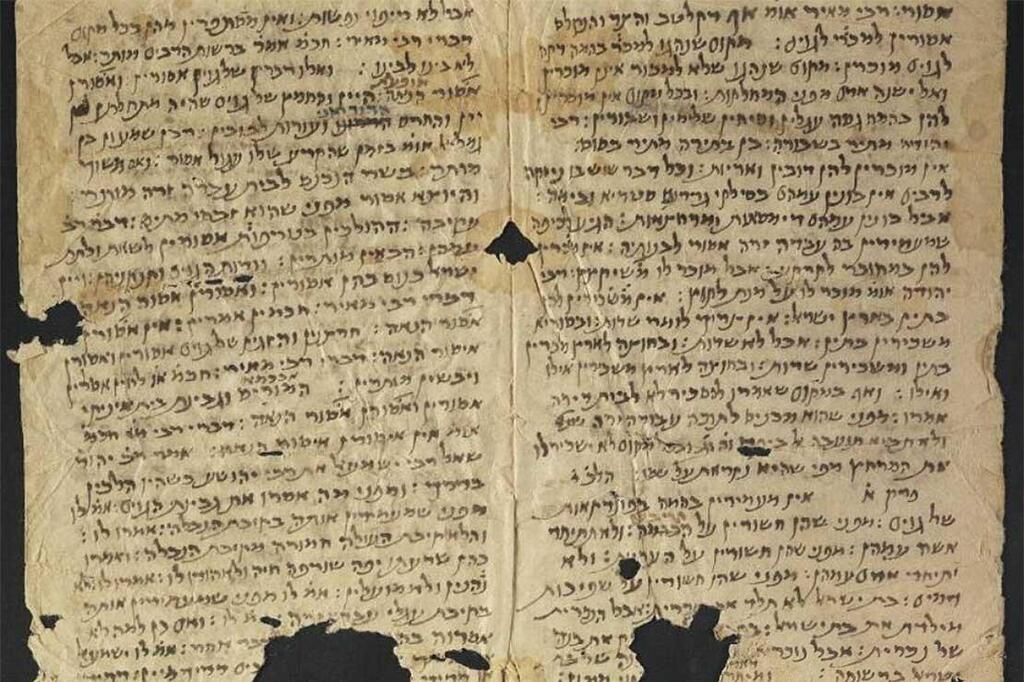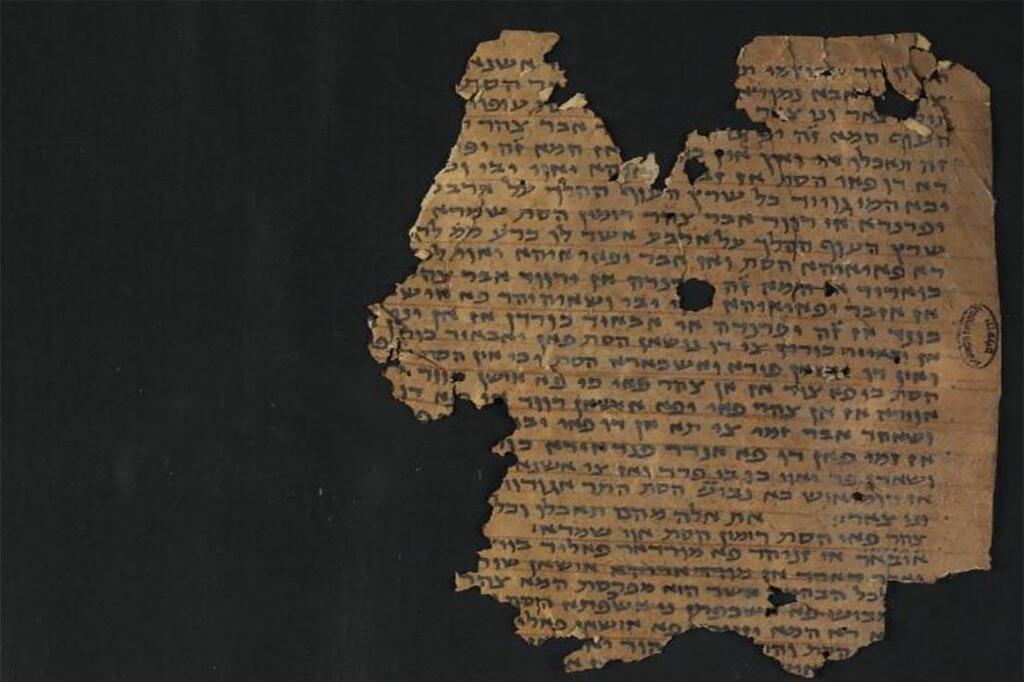In a few months, with the inauguration of the new building of the National Library of Israel, millennium-old historical documents belonging to the lost Jewish community of Afghanistan will be presented for the first time.
More stories:
The rare documents, which will be part of the new permanent exhibition, were acquired by the library thanks to the chaos that prevailed in Afghanistan after the first Taliban rule.
"What distinguishes the documents that have arrived from Afghanistan is the exposure to a Jewish community that we simply knew nothing about, except for the fact that it existed," says Dr. Yoel Finkelman, curator of the Judaica collection at the National Library in Jerusalem.
In the year 586 BCE, the First Temple was destroyed by Nebuchadnezzar, the king of Babylon, and his army commander Nebuzaradan, who conquered Jerusalem and exiled the Jews to the east.
During that time, Jewish exiles migrated from the Land of Israel to the area that is now Afghanistan, an important trading hub along the Silk Road, with some Jewish merchants amassing great wealth.
The Golden Age of the Jews in the region came to an end in the 13th century CE when Genghis Khan and the Mongols conquered the area and systematically everything in their wake, including communities, property, and even historical documentation.
However, two archives were preserved for nearly a thousand years near the city of Mian in Afghanistan, one of which belonged to a successful Jewish merchant named Abu Nasr ben Daniel.
"He was probably some kind of family patriarch," says Dr. Finkelman. "He documented who owed him money, and the rent he needed to receive for his properties, and also preserved Jewish texts. The collection includes many documents, some written in ancient Persian and Arabic letters, but there are also documents in Hebrew and even in Jewish Arabic."
Dr. Finkelman notes that "the collection the National Library of Israel acquired also includes a non-Jewish archive with a local administrative character, which preserves receipts, agreements, and debt records. It was an office that served as a taboo between an office and an accounting office. This allows us to learn more not only about Jewish life but also about the trades and culture of that period.
Jews were, of course, a minority in that area, and most residents were Muslims who spoke and wrote in ancient Persian. The documents allow researchers to learn about that ancient culture, and therefore the Hermitage Museum in Russia is pleased to host and display these rare documents."
David Blumberg, chairman of the library directorate, explains that as a result of the devastation caused by Genghis Khan and his army in 1221, there is almost no documentation of the Persian and Arabic language and culture in the region.
"The rare and important collection was acquired with the support of the William Davidson Foundation and the Haim and Hanna Solomon Fund, and the exhibition emphasizes the role of the National Library of Israel as a dynamic international cultural center," says Blumberg.
"The library is proud to be a partner in such an important exhibition that millions of tourists are expected to visit. With the national library's move to the new building near the Knesset, the Afghan documents will also be presented to the Israeli public and the many visitors expected to come to the library."
Dr. Finkelman, for understandable reasons, avoids giving straight answers to how exactly library staff acquired the rare documents.
"There were rumors about the documents for several years, and in 2013, the library managed to purchase a relatively small collection of 50 pages. In 2016, the library managed to acquire another approximately 250 pages, and now we are dealing with a very significant and diverse collection," he says.




